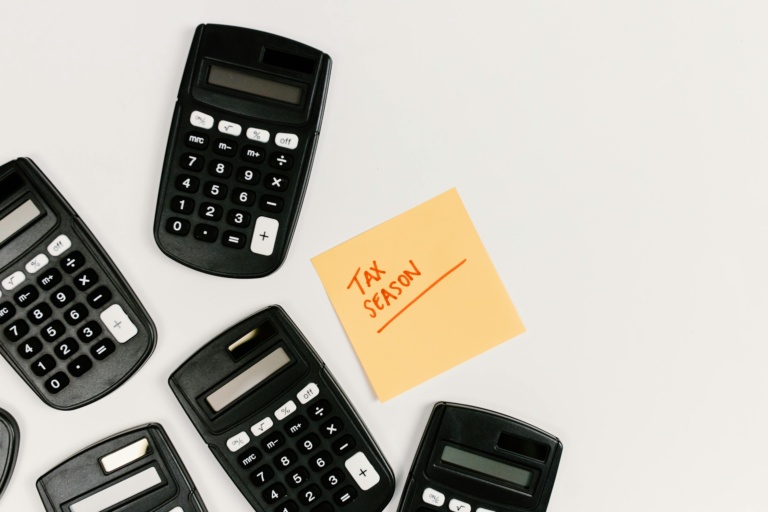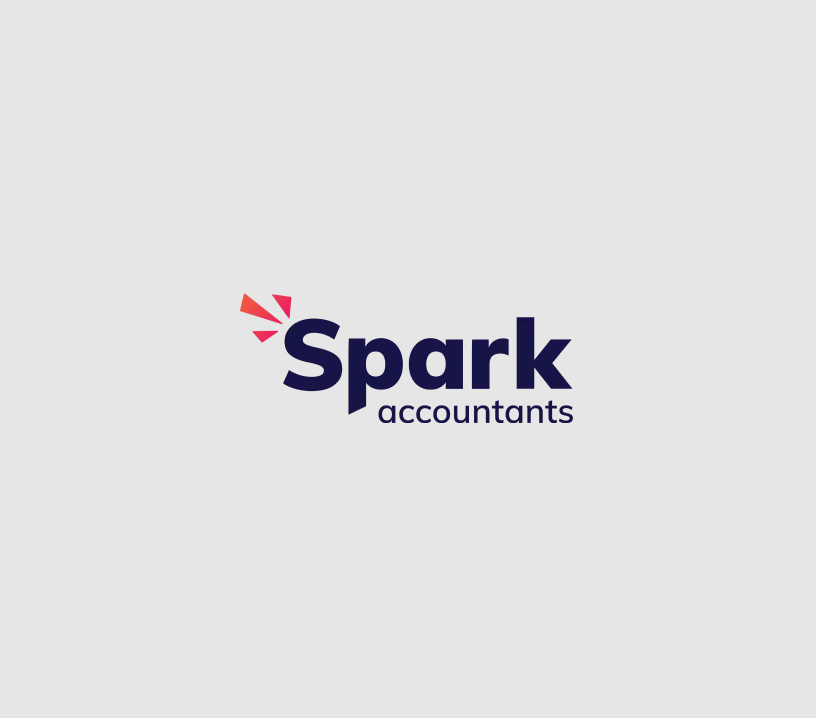Bookkeeping is one of those behind-the-scenes tasks that can either make or break your business. It’s all about keeping track of your financial transactions and your cash flow. It can be difficult to keep up with – particularly for small businesses without an in-house accountant.
Whether you're just starting out or already running a busy operation, understanding the basics of bookkeeping is crucial. From managing your cash flow to staying compliant with the ATO, accurate bookkeeping gives you the clarity and control to make smarter financial decisions.
In this blog, we’ll go into the ins and outs of bookkeeping: what it is, what bookkeepers do, and why it’s so important to work with a professional.
What Does a Bookkeeper Do?
A bookkeeper is responsible for tracking the flow of money in and out of your business. That includes recording income, managing outgoing payments to suppliers, and ensuring your cash flow stays healthy. Traditionally, this information would be recorded in physical books, hence the name bookkeeping. Today, businesses and accountants use digital software in order to accurately track and monitor their transactions.
Overall, a bookkeeper is there to help you keep on top of your finances, giving you better control of your business.

Bookkeeping tasks include:
- Recording daily financial transactions, including sales, purchases, and payments
- Managing accounts payable and receivable to ensure timely payments and collections
- Reconcile bank and credit card statements with internal records
- Monitor and track cash flow to help the business maintain financial stability
- Prepare basic financial reports such as profit and loss statements and balance sheets
- Manage payroll, including calculating wages, processing payments, and handling superannuation and PAYG
- Organise and maintain accurate records and receipts in case of ATO audits
- Identify and flag discrepancies or unusual transactions for review
- Provides reliable financial data to support accountants during tax preparation
- Helps ensure compliance with GST, BAS, and other ATO reporting requirements
The Difference Between Bookkeeping and Accounting
Bookkeepers and accountants both work in finance, and there are many similarities in their roles. However, the key difference is that a bookkeeper focuses on recording transactions, while an accountant will analyse, interpret, and present the data in financial reports.
Essentially, bookkeepers gather information to keep the business running day-to-day, while accountants use the information gathered by bookkeepers to help the business plan ahead and make informed financial decisions for the future.
For more information on how accounting can help a small business, check out this blog!
Bookkeeping for Small Businesses: Doing it Yourself vs Hiring a Professional
When you're running a small business, it's tempting to take on everything yourself – including the books. At first, this may seem like a smart way to save money. But the truth is, what seems like a smart way to save money can quickly turn into a daily headache, particularly when you have so many other things on your plate to deal with.
If you have a small business, DIY bookkeeping may work for you if you have no employees, few transactions, or if you feel confident about handling things like BAS, payroll, and reconciliations. But if your business is growing, you’ve got staff to pay, or you're struggling to stay on top of cash flow, you’ll likely benefit from the help of a professional.

How Much Does Bookkeeping Cost?
Bookkeeping can cost anywhere between $60 and $150+ per hour, however the cost ultimately comes down to a few different factors. These include the size and complexity of your business, as well as the level of service you need.
For example, a solo business owner might only need a few hours of reconciliation each month. In contrast, a busy company managing payroll, superannuation, invoices, and BAS lodgements could require regular, hands-on support each month, meaning higher costs but far more value in return.
While bookkeeping can seem like an expensive service, it’s far cheaper to outsource bookkeeping than it is to hire a bookkeeper in your business full-time. More importantly, it’s a smart investment. Poorly managed books can lead to missed tax deductions, cash flow issues, and even ATO penalties.
How To Choose the Right Bookkeeper for You
Now you know what a bookkeeper does and how much they cost, you may be wondering how to choose the right bookkeeper for your business. Particularly for smaller businesses, it’s a good idea to choose a bookkeeper who is professionally trained and qualified, can provide a comprehensive range of services, and even one who can help you set up automated tools and software to streamline your processes.
Professionally Trained and Qualified
Firstly, make sure your bookkeeper has the right credentials and up-to-date knowledge of Australian tax laws, compliance, and accounting software. Bonus points if they’re a registered BAS agent.
Tailored Services That Fit Your Business
Every business has different financial structures and needs. Choose a bookkeeper who can tailor their services to your specific business services and requirements – whether that’s weekly payroll, monthly BAS lodgements, or quarterly financial reports.
Tech-Savvy with Automated Platforms
And finally, many bookkeeping and accounting firms like Spark Accountants can help you get set-up on automated platforms like Xero, MYOB, and QuickBooks. These fast, cloud-based systems can help you streamline your bookkeeping services.

Contact Spark Accountants for Expert Bookkeeping
Ready to take the stress out of bookkeeping? You’re in the right place. At Spark Accountants, we’ve spent years helping businesses of all sizes stay on top of their finances with smart, streamlined bookkeeping and expert accounting support.
Our all-in-one service means you’ll get personalised advice, structured guidance, and access to professionals who can actually make the numbers make sense. We don’t just tidy up your books with expert bookkeeping – our accountants can help you use them to make better decisions and grow your business.
We’re proactive, future-focused, and always committed to helping you get clear on your finances. Call us on (07) 2111 8147 or shoot us an email to get started today.
For tax specific enquiries, contact us today or take a look at our website for more information on what a tax accountant does and the cost of small business tax accounting.





